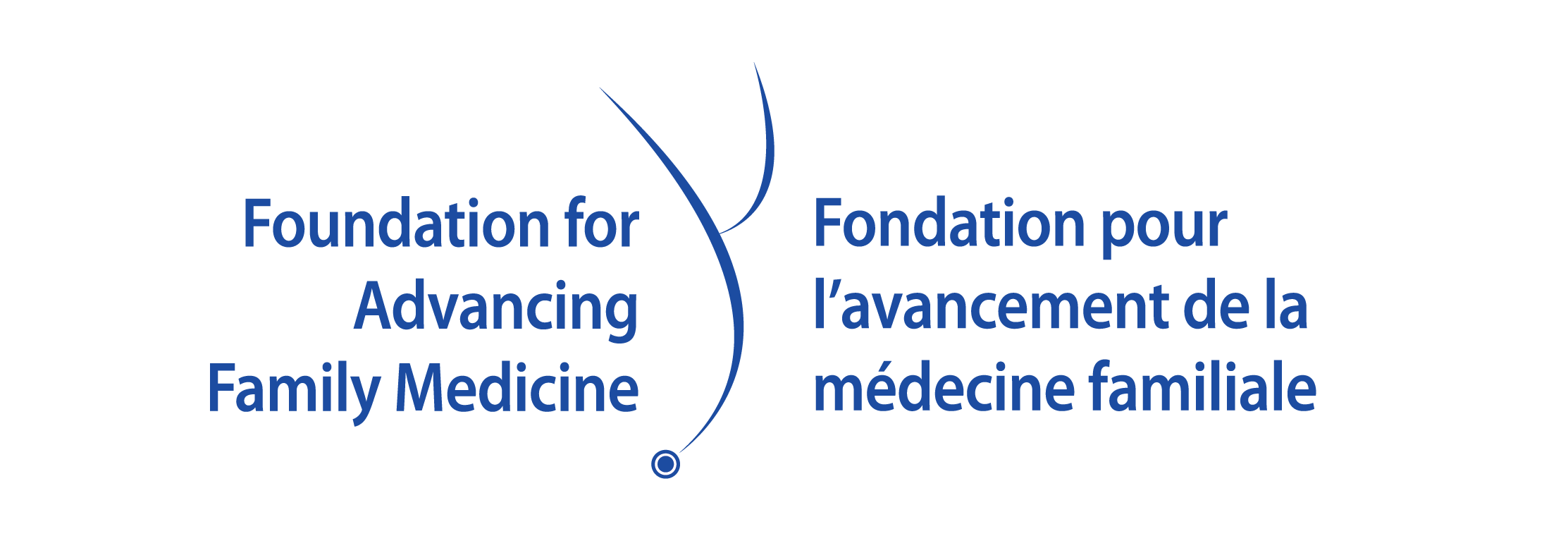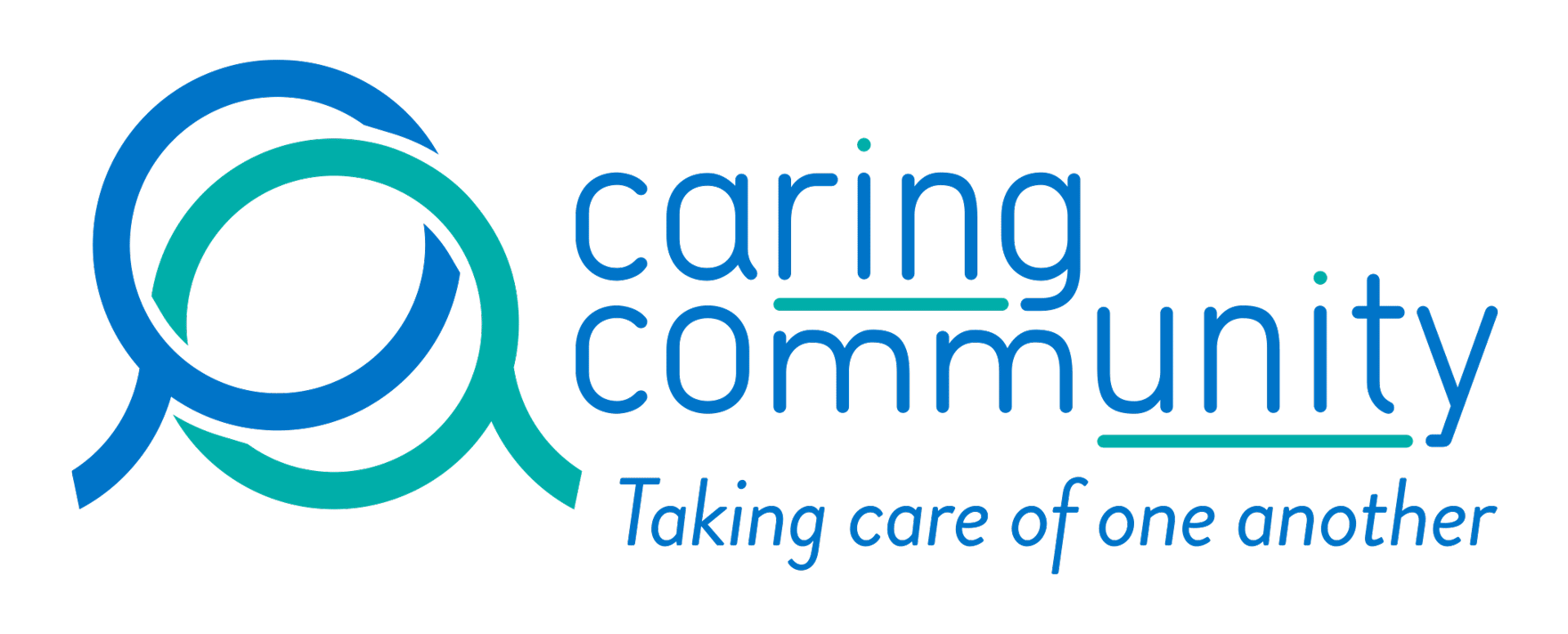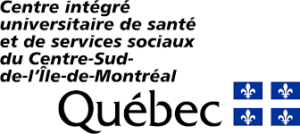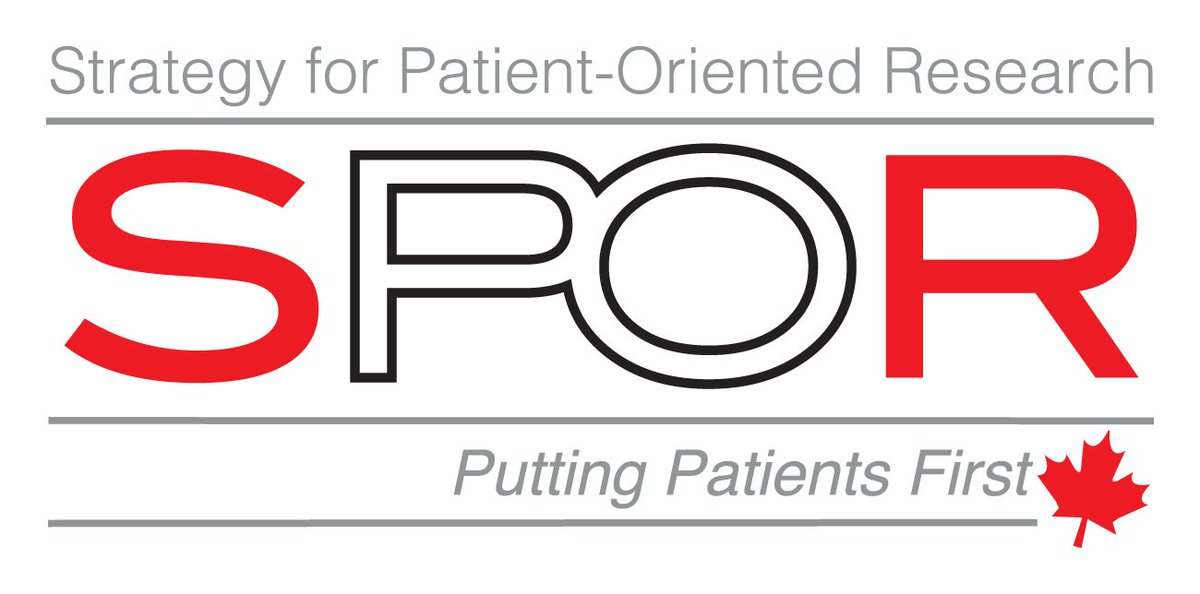Peer support in homelessness
People experiencing homelessness face many barriers to social integration and access to health care. Peer support is an effective approach in the context of homelessness, mental health and addiction. Sharing common experiences is a key element in building trust between peers and people experiencing homelessness, especially in situations of marginality or discrimination where these links are difficult to establish with professionals. However, peer support is still not widely available in Quebec, particularly in clinical settings.
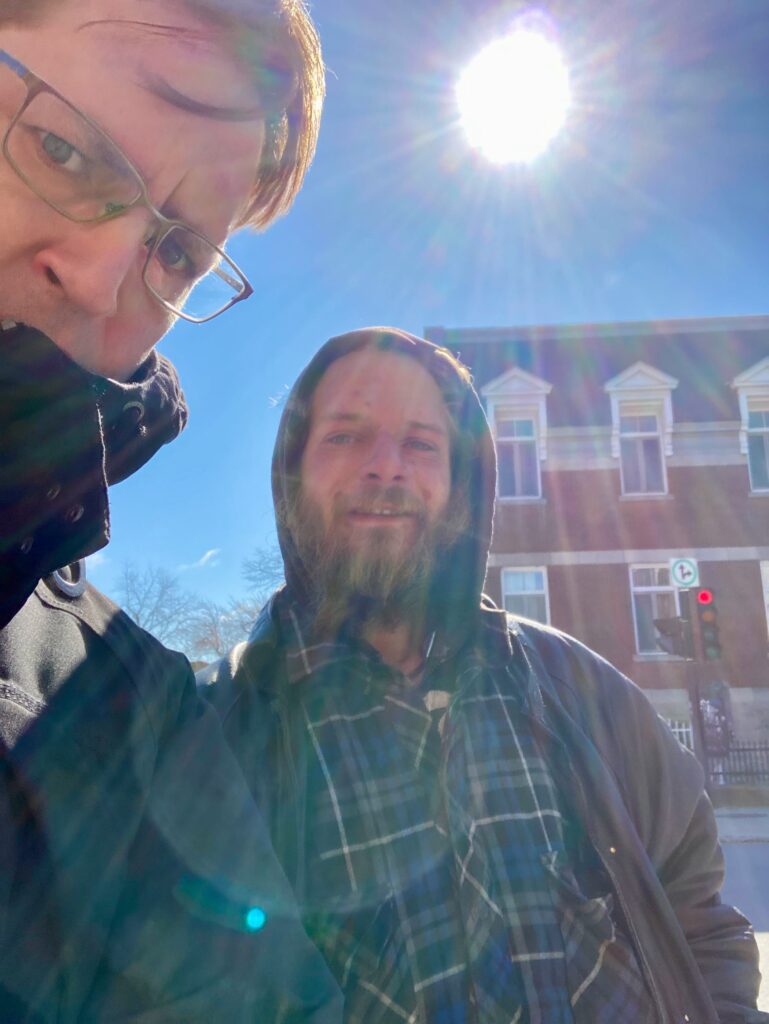
Daniel (left), peer support worker, in the field in March 2021.
Since 2020, our team has adapted the Caring Community model by integrating a peer with lived experience of homelessness into a primary care team (CLSC des Faubourgs of the CIUSSS Centre-South, in Montreal).
Deployed in the midst of the pandemic, this project demonstrated benefits on:
- the role of peers as a model of hope;
- the creation of bridges between clinical and community teams;
- the acceptability of working with peers within clinical teams, leading to rapid sustainability of the project in the setting once the initial research was completed.
The second phase of the project (2022-2025) aims to support the creation of an expanded team of peers with lived experience of homelessness, including a woman and an Indigenous component.
For further details: Summary report of the project or Final report project.
NACIC 2021
October, 6, 2021 (48:00s)
Plenary 3 – Care Closer to Home and In Community – Innovation, technology and scale
Daniel Turgeon, peer support worker et Mathieu Isabel, physician.
Peer support in homelessness
January 19, 2022
Daniel Turgeon, peer helper, and Mathieu Isabel, physician, talk about peer helping in homelessness and how important this role was for the users, the intervention team and the peer helper.
In collaboration with the Research Chair in the Reduction of Social Inequalities in Health.
Nurturing Inclusive Knowledge Dialogues
April 23, 2023
Farin Shore, Peer-led Harm Reduction with Doctors of the World and Antoine Boivin, Physician-Scientist and Co-Director of the Canada Research Chair on Partnerships with Patients and Communities propose a data management that centres on nurturing trusting relationships between patients, caregivers, researchers, policymakers and marginalized communities.

